What are the Ethernet specifications of Norwegian Subsea MRUs?
All Norwegian Subsea Motion Reference Units (MRUs) include Ethernet communication and support the following standard Ethernet protocols:
- UDP
- Modbus TCP
- Ethernet/IP
These protocols ensure seamless integration with a wide range of industrial systems, providing flexibility across diverse applications.
Passive PoE (Power over Ethernet)
The MRU Compact uses a standard RJ45 Ethernet cable with Passive PoE, supplying power through the same connection. It supports an input voltage range between 9 and 36 V.
Most Ethernet switches use Active PoE, which is incompatible with Passive PoE devices like the MRU Compact. Therefore, the MRU Compact should not be connected directly to an Active PoE switch unless a converter is used.
To facilitate setup, we typically supply the first MRU Compact with a start kit that includes a Passive PoE RJ45 splitter socket. This allows you to connect the MRU Compact using standard Cat5 RJ45 Ethernet cables between your MRU, the splitter, and your PC or Ethernet switch.
For industrial installations, we recommend terminating the Ethernet cable to a terminal block or using an interface module such as this from Wago.
If connecting to an Active PoE switch is necessary, a PoE converter (e.g., from Ubiquity) can be used to convert the Active PoE output to a constant 24 V Passive PoE input.
For more technical guidance, please refer to the MRU Compact user manual.
RJ50 (10-wire Ethernet) Connector
The MRU Compact is also available with an RJ50 connector (also known as 10P10C), instead of the standard RJ45 Ethernet connector. While the RJ50 looks similar to the RJ45, it includes 10 wires instead of 8. The outer two pins, unused in RJ45, are active in the RJ50 connector.
This 10-wire configuration allows for an additional interface alongside Ethernet and power:
- Ethernet & RS-232
- Ethernet & 4-wire RS-485
- Ethernet & PPS time sync
Important: Never insert a standard RJ45 plug into an RJ50 socket. While it may appear to fit, it can damage the connector due to the unused outer pins on the RJ45 interfering with the active pins on the RJ50.
For more detailed specifications or connection guidance, visit our support site or contact us directly.
Related products
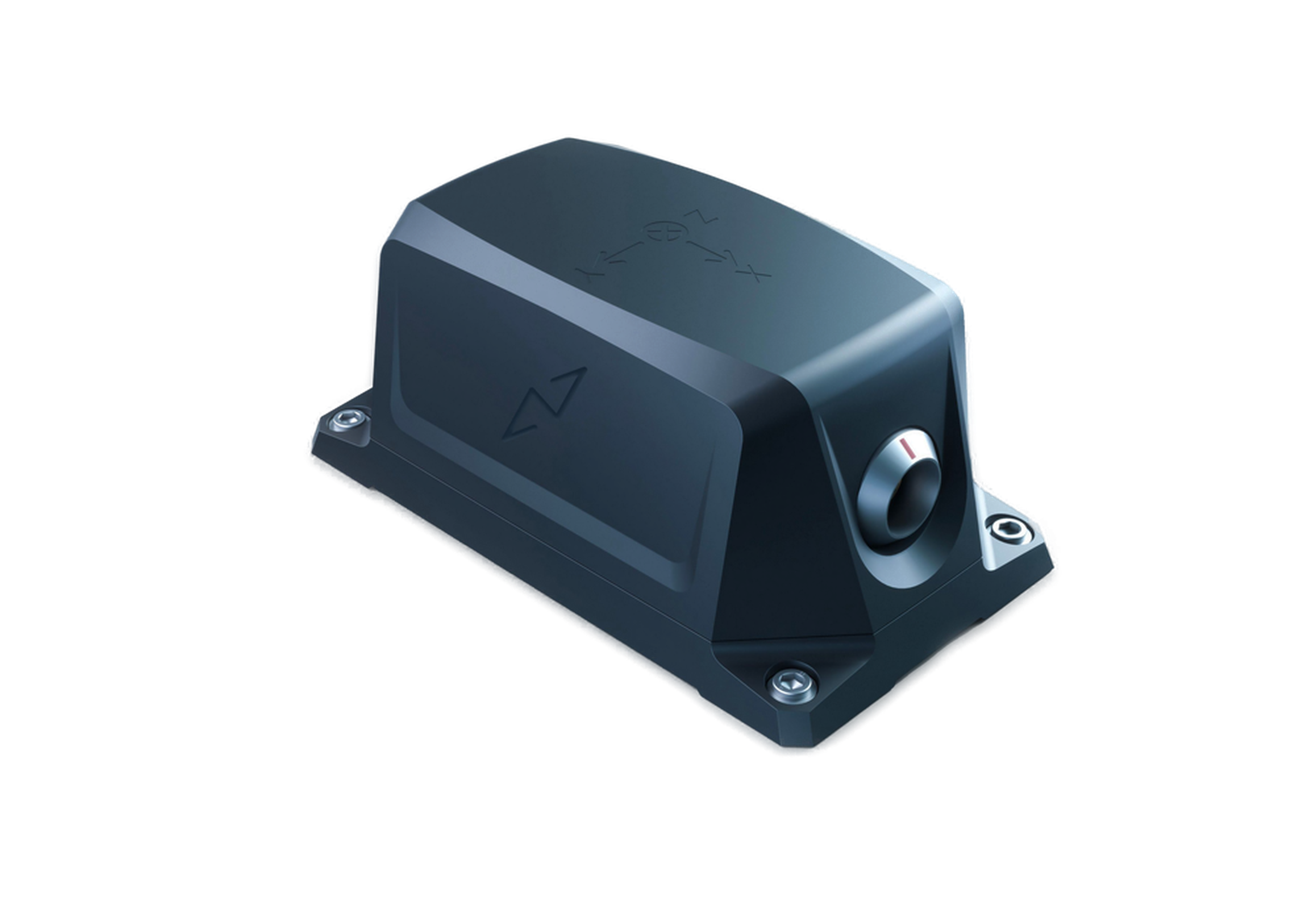
Usage area
50 m depth, IP 68
Connectors
Lemo or SubConn 8 or SubConn 16
Roll & Pitch accuracy
- 3000±0.05°
- 6000±0.02°
- 9000±0.01°
Heave accuracy
5 cm or 5.0%
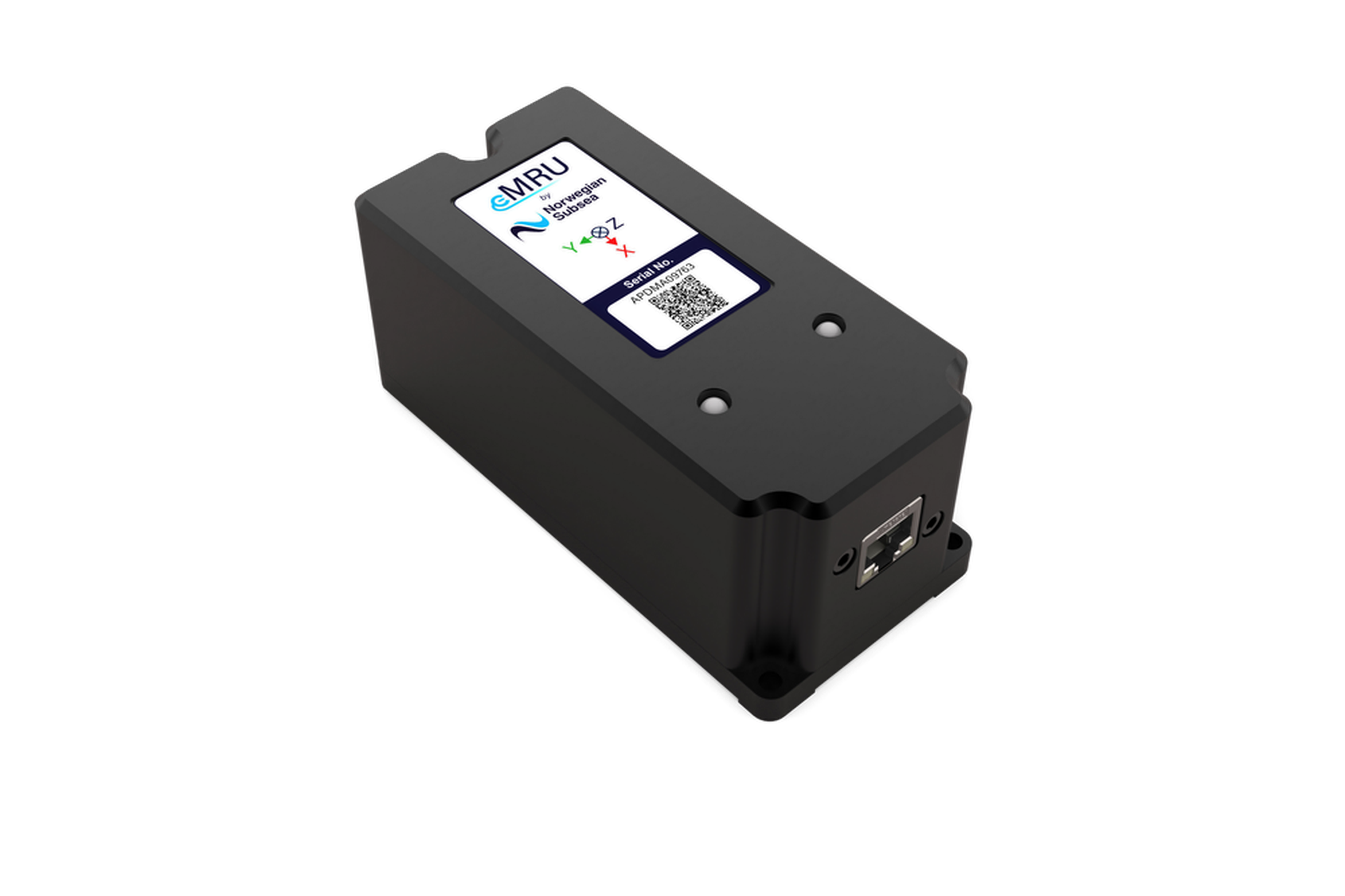
Usage area
IP 65
Connectors
RJ45 or RJ50
Roll & Pitch accuracy
- 3000±0.05°
- 6000±0.02°
- 9000±0.01°
Heave accuracy
5 cm or 5.0%
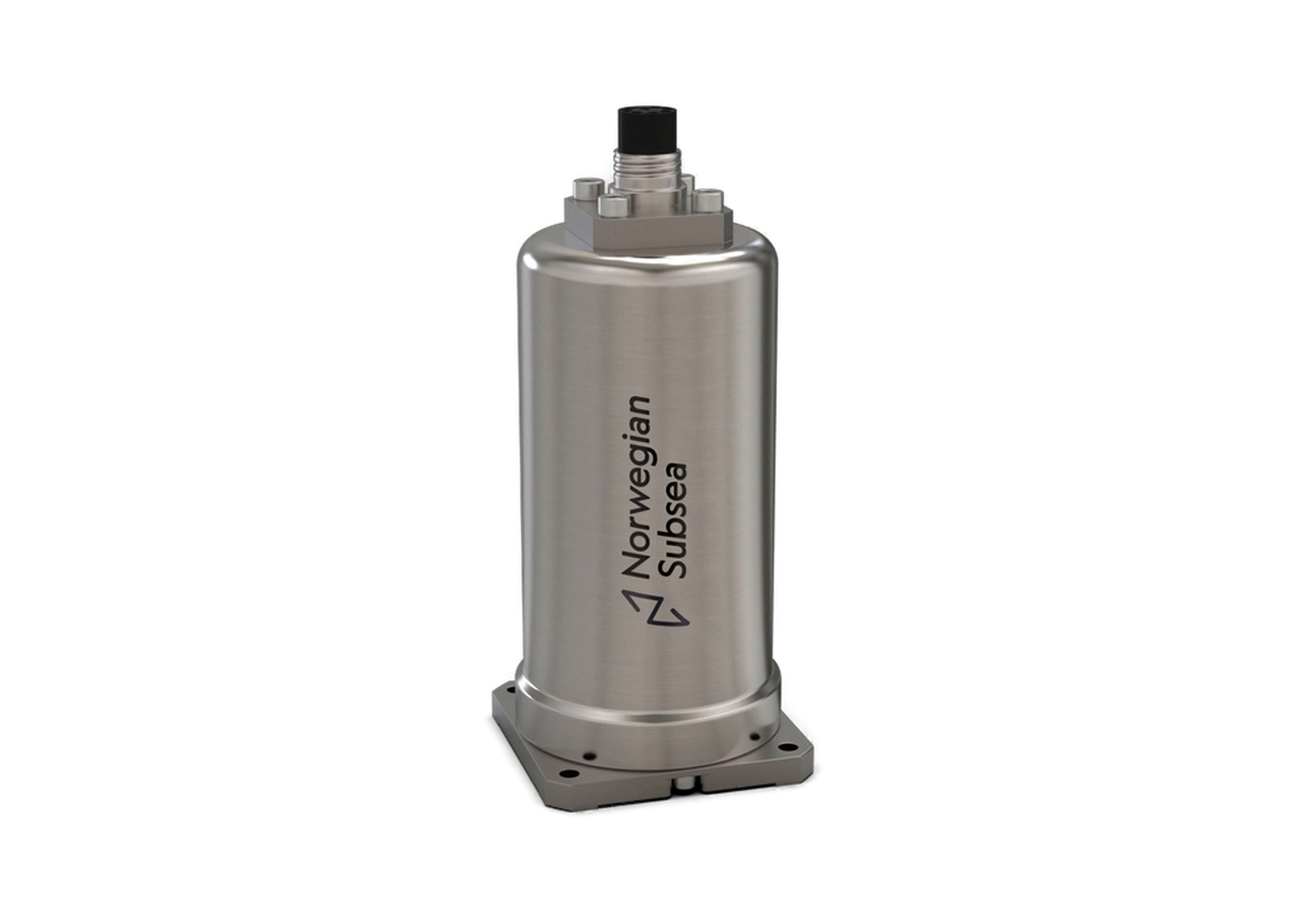
Usage area
6000 m depth
Connectors
SubConn 8
Roll & Pitch accuracy
- 3000±0.05°
- 6000±0.02°
- 9000±0.01°
Heave accuracy
5 cm or 5.0%
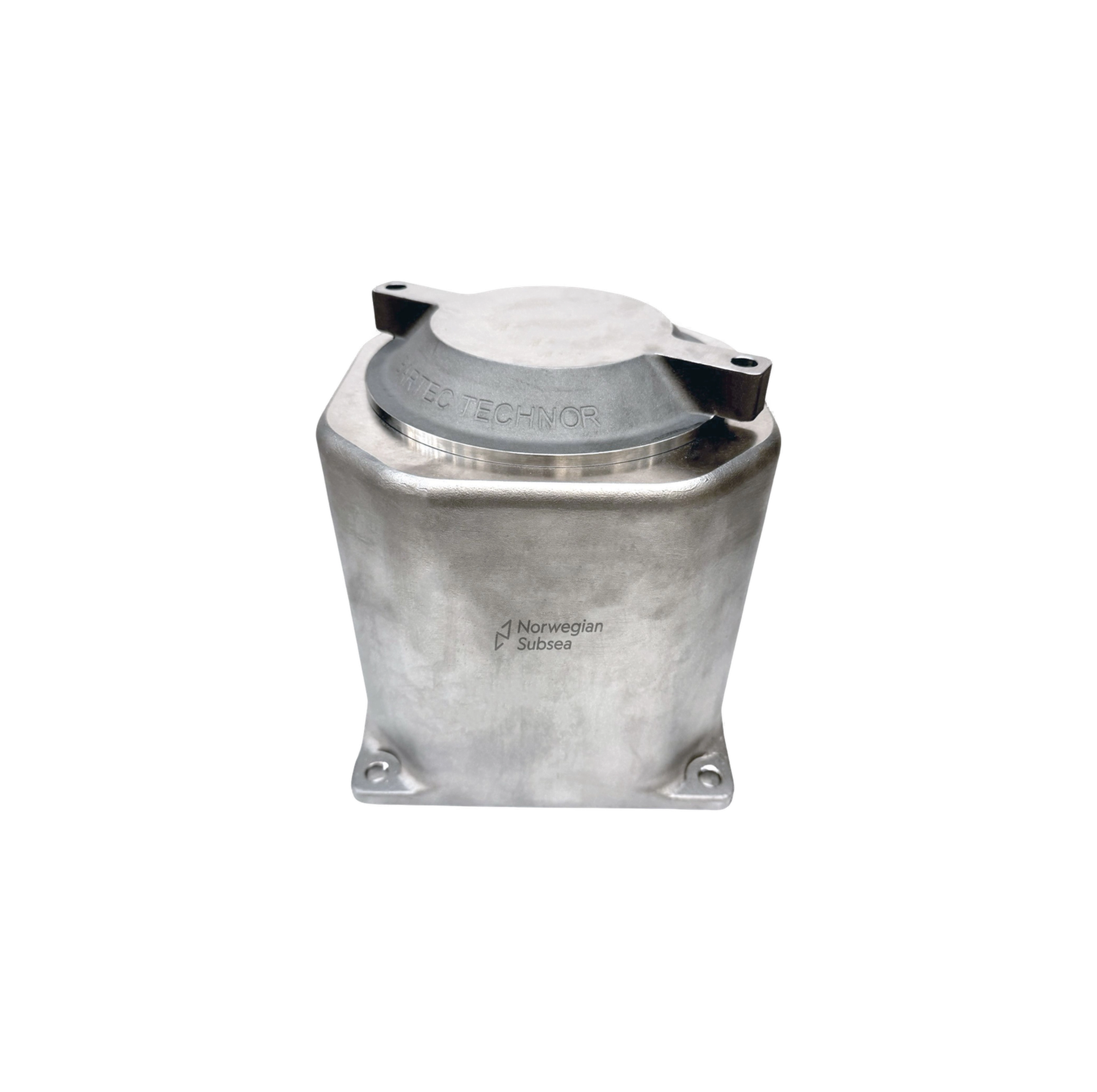
Usage area
Hazardous areas
Connectors
Pigtail cable
Roll & Pitch accuracy
- 3000±0.05°
- 6000±0.02°
- 9000±0.01°
Heave accuracy
5 cm or 5.0%
Further reading

MRUs for vessel performance optimisation in focus at Europort 2025
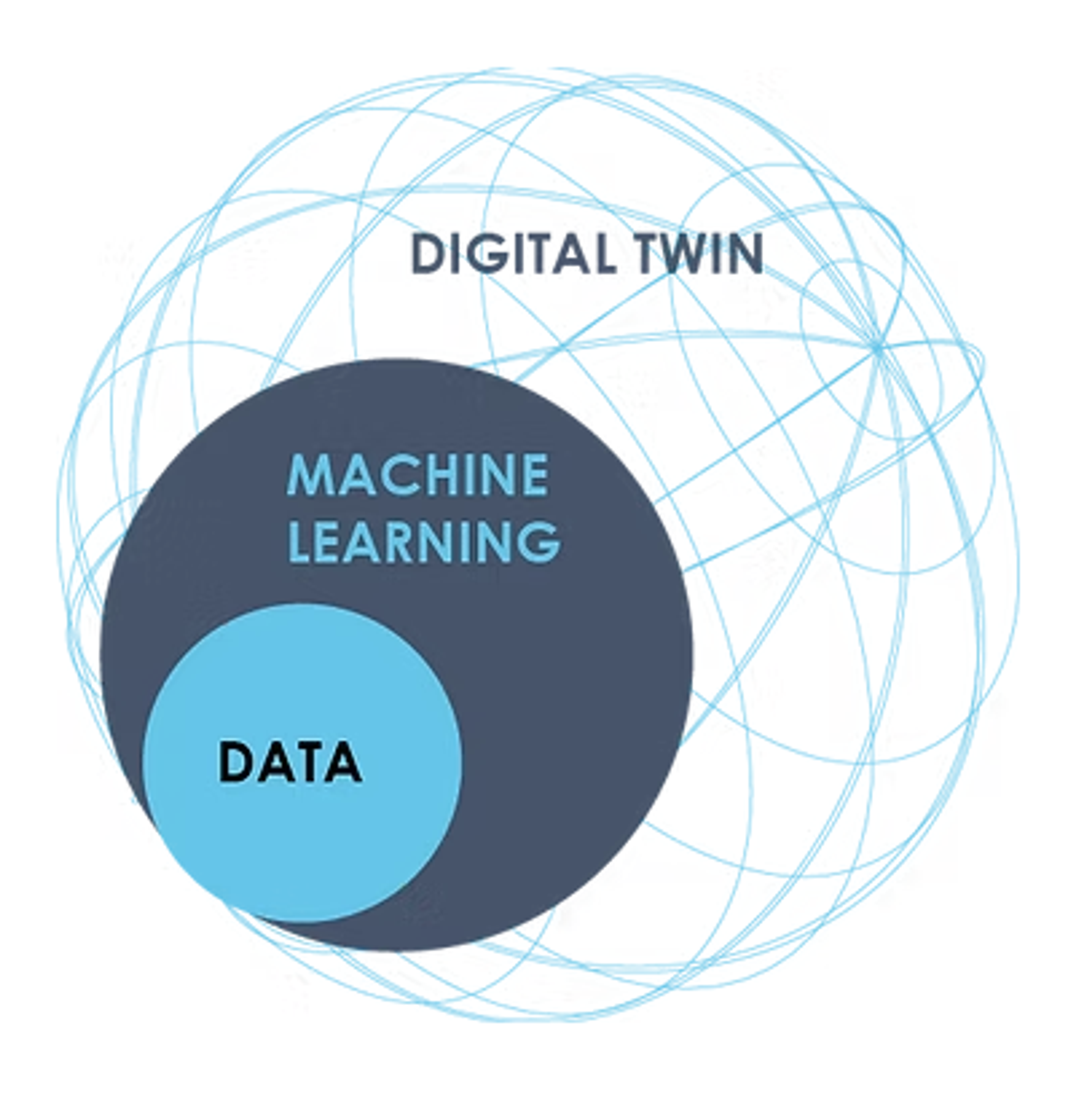
Research Project to Test Value of MRU Data for Vessel Performance and Carbon Reduction
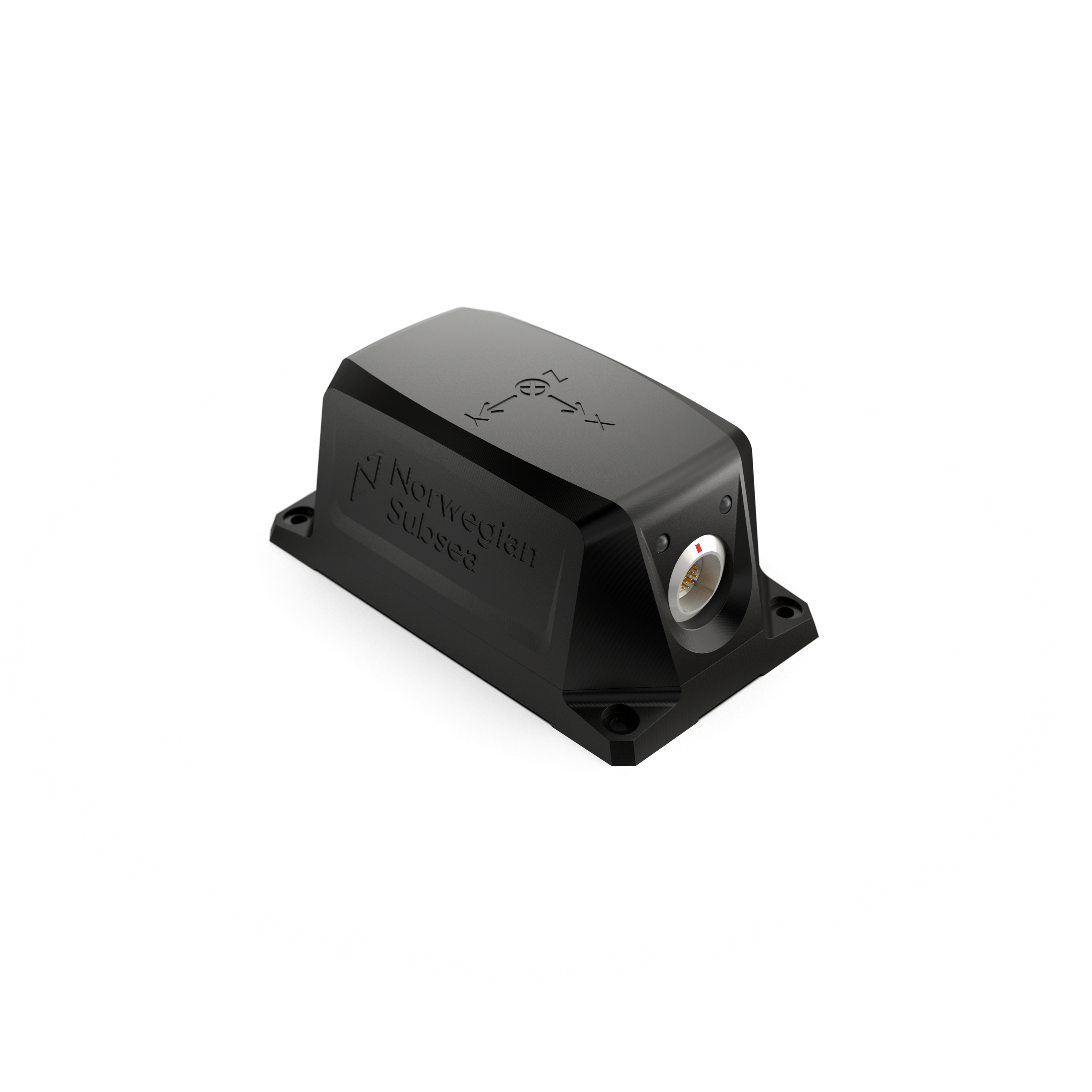
Advanced motion compensation for sonars introduced at Ocean Business 2025
Related questions
- Read the full answer
What is the difference between the MRU Marine and MRU Marine SW?
- The MRU Marine has an IP-68 rating, uses a Lemo 16-pin connector and has indicator lights.
- Read the full answer
Your MRU can be mounted almost anywhere on your vessel and in any orientation, but there are some guidelines you can follow to ensure the absolute highest accuracy of measurements from your device:
- Position your MRU close to the point which you’d like to measure
- Read the full answer
Motion Reference Units (MRUs) are critically important for Helideck Monitoring Systems (HMS) because they provide precise, real-time measurements of the vessel's or platform's motion. Safe helicopter landings and takeoffs depend heavily on understanding the dynamic movement of the helideck, particularly its roll, pitch, and heave.
An MRU accurately measures these key parameters, delivering essential data to the HMS. This information allows the system, pilots, and deck crew to assess whether the helideck's motion is within the established safe operational limits. Without accurate motion data, attempting landings or takeoffs, especially in challenging sea conditions, poses significant safety risks.
Related applications
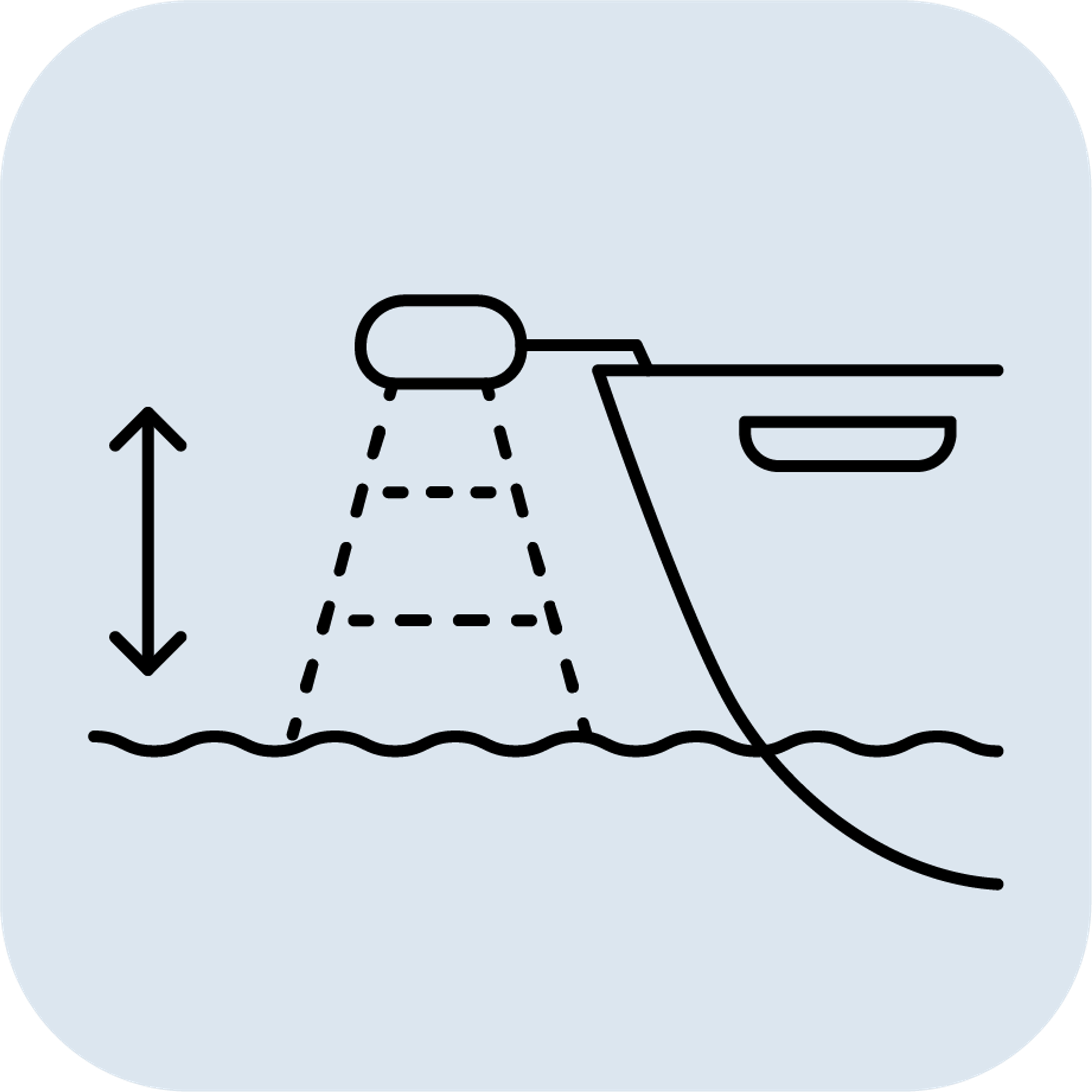
Wave Radar
Accurate heave measurements play a vital role in compensating for Wave Radar measurements when installed on ships or other floating vessels.
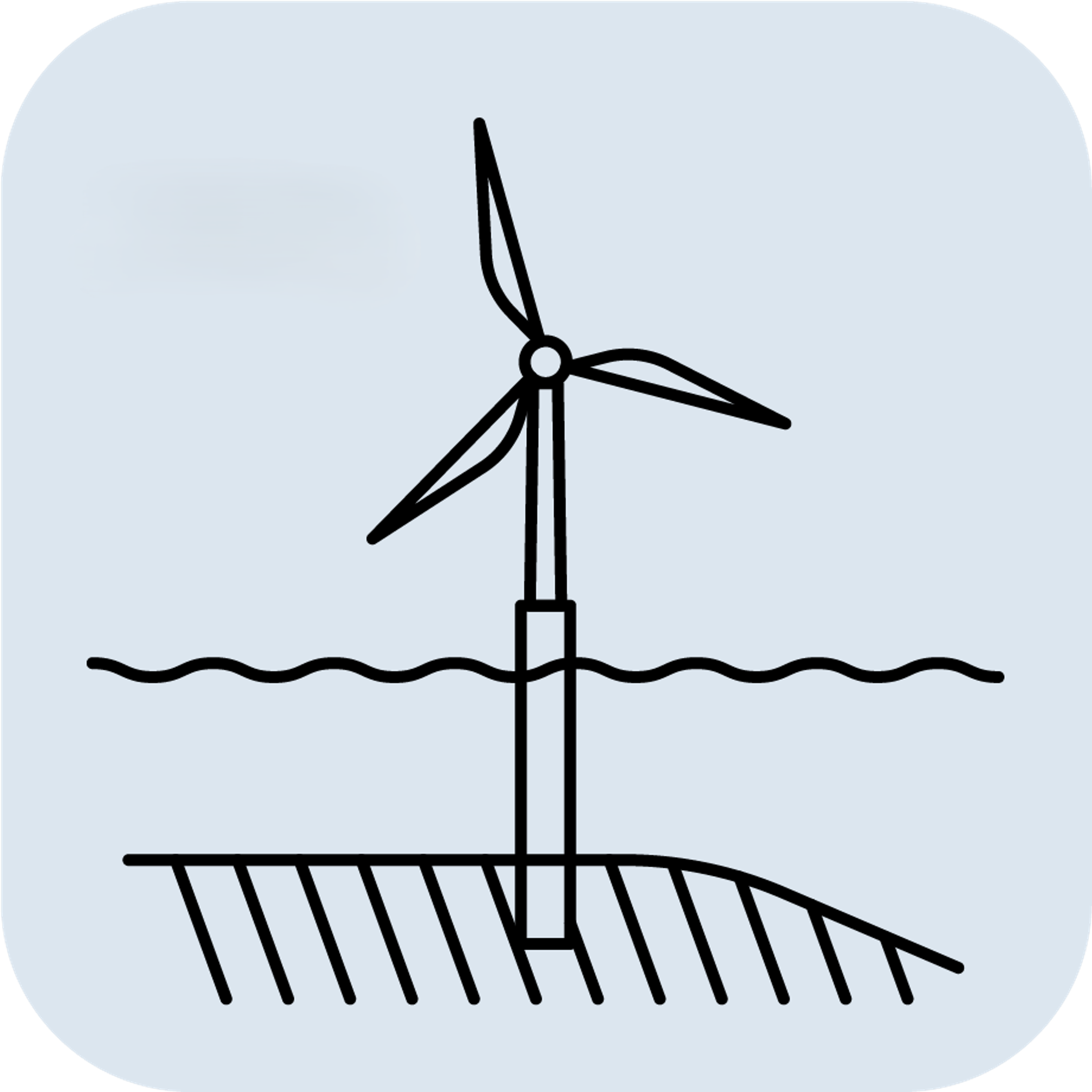
Wind Turbines
Accurate and precise motion monitoring is crucial for wind turbine towers to ensure structural integrity and optimise performance.
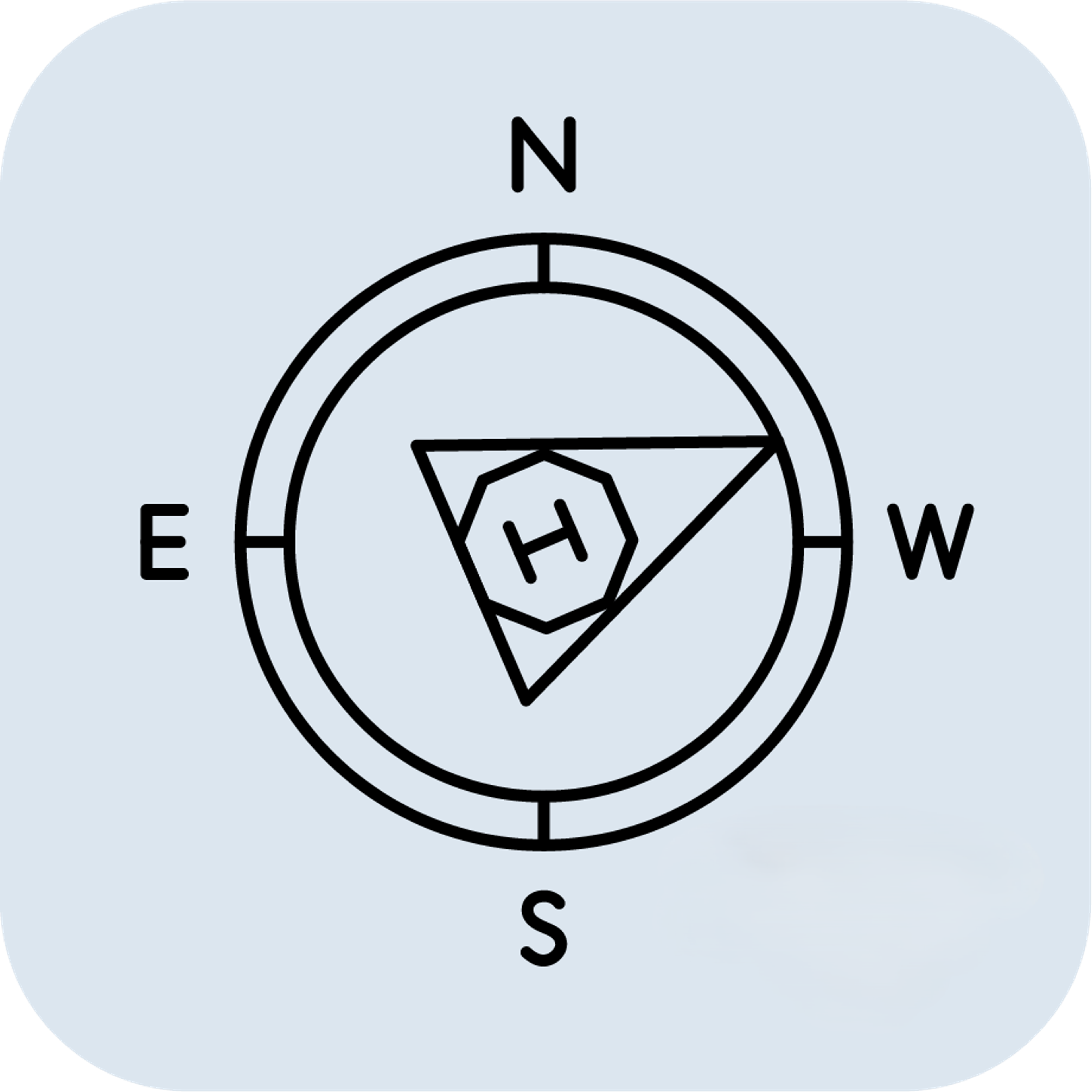
Helideck Monitoring
Accurate measurement of roll, pitch, and heave motions is crucial for assessing the safety of helidecks during helicopter landing and take-off operations.
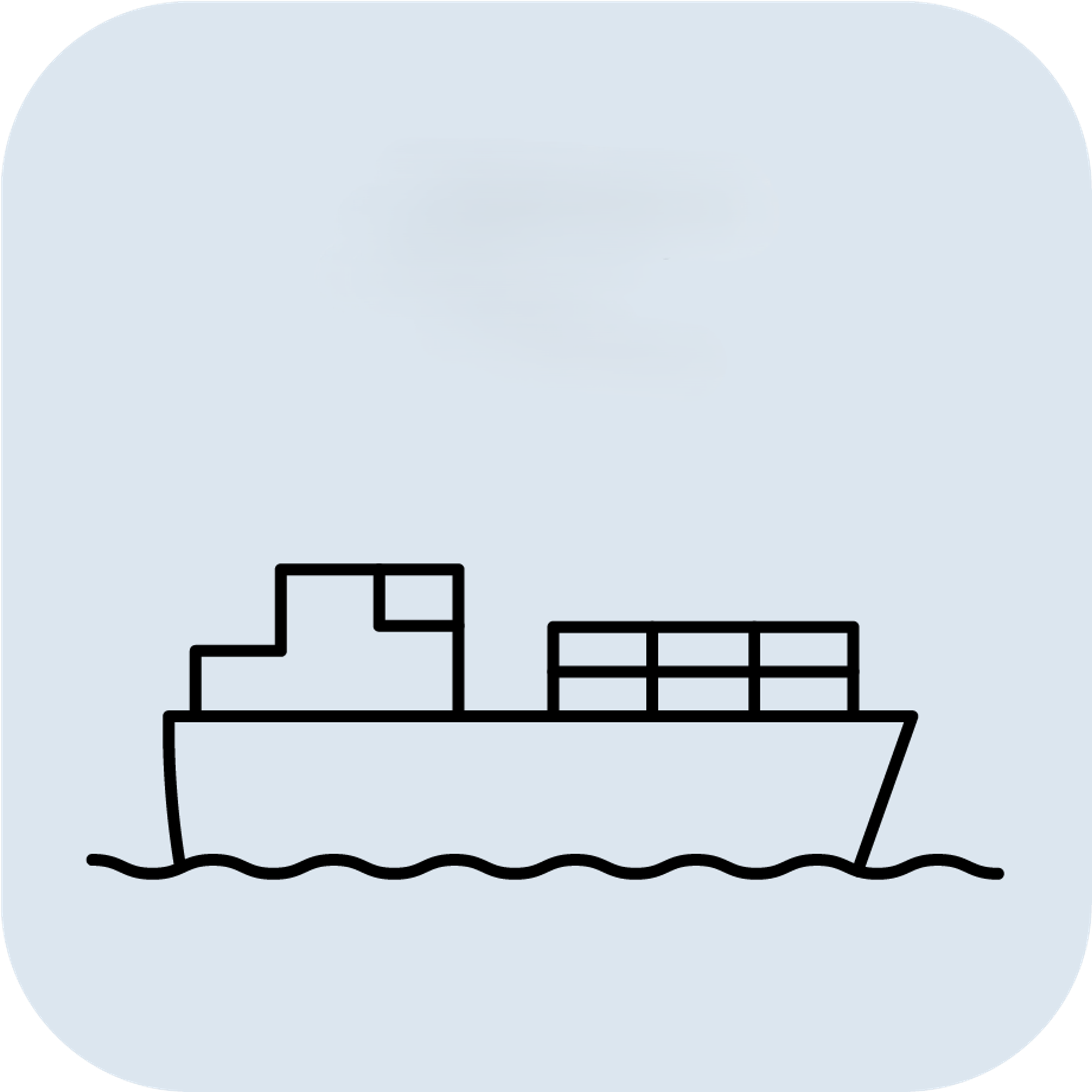
Ship Motion Monitoring
Precise motion measurements are essential for vessel digitalisation, supporting fuel optimisation, route planning, cargo safety and structural health.
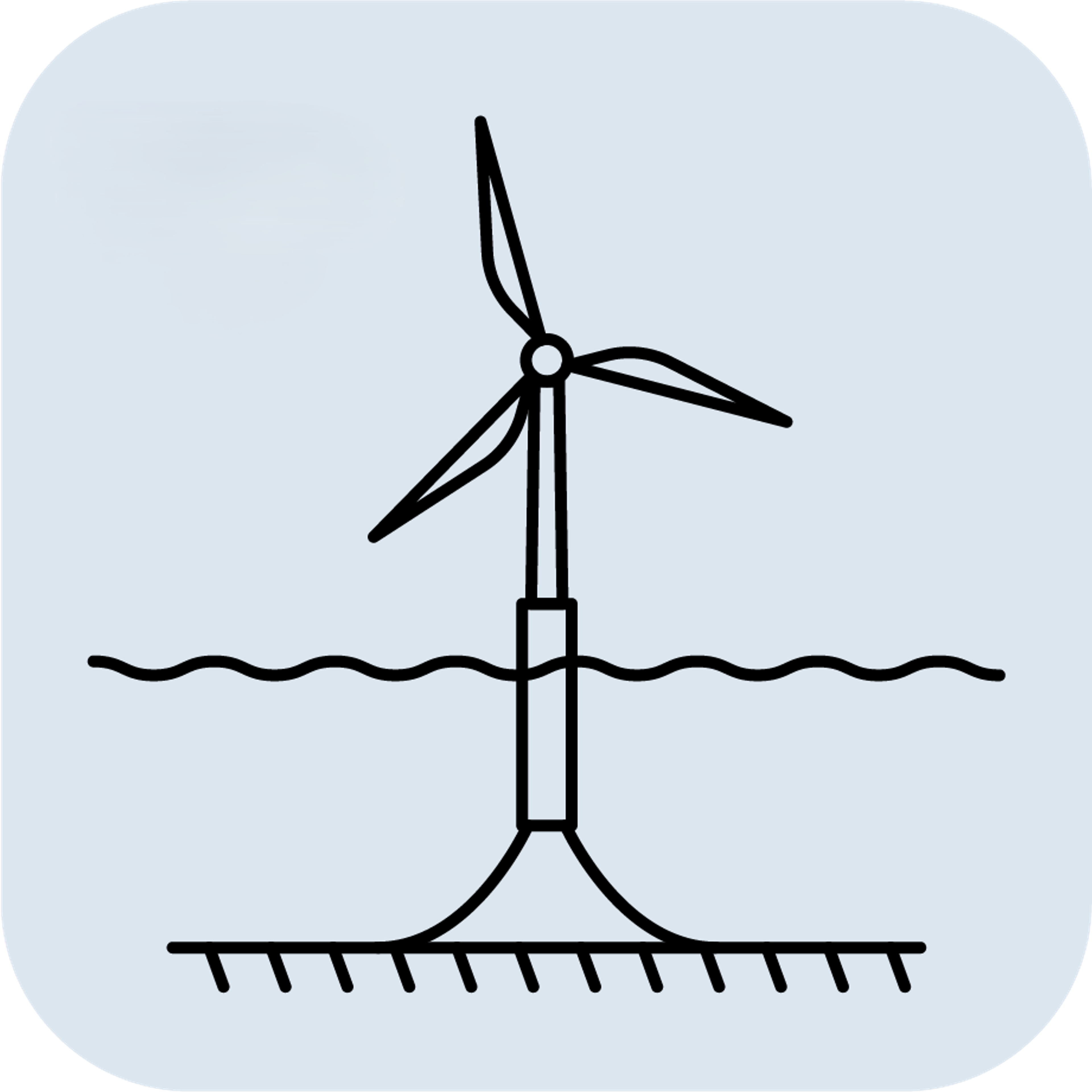
Floating Wind Turbine Control
For floating offshore wind turbines, precise measurement of wind mast roll and pitch motion caused by waves is crucial.

Bridges
Accurate and high-resolution motion sensors are crucial for the structural monitoring of bridges.
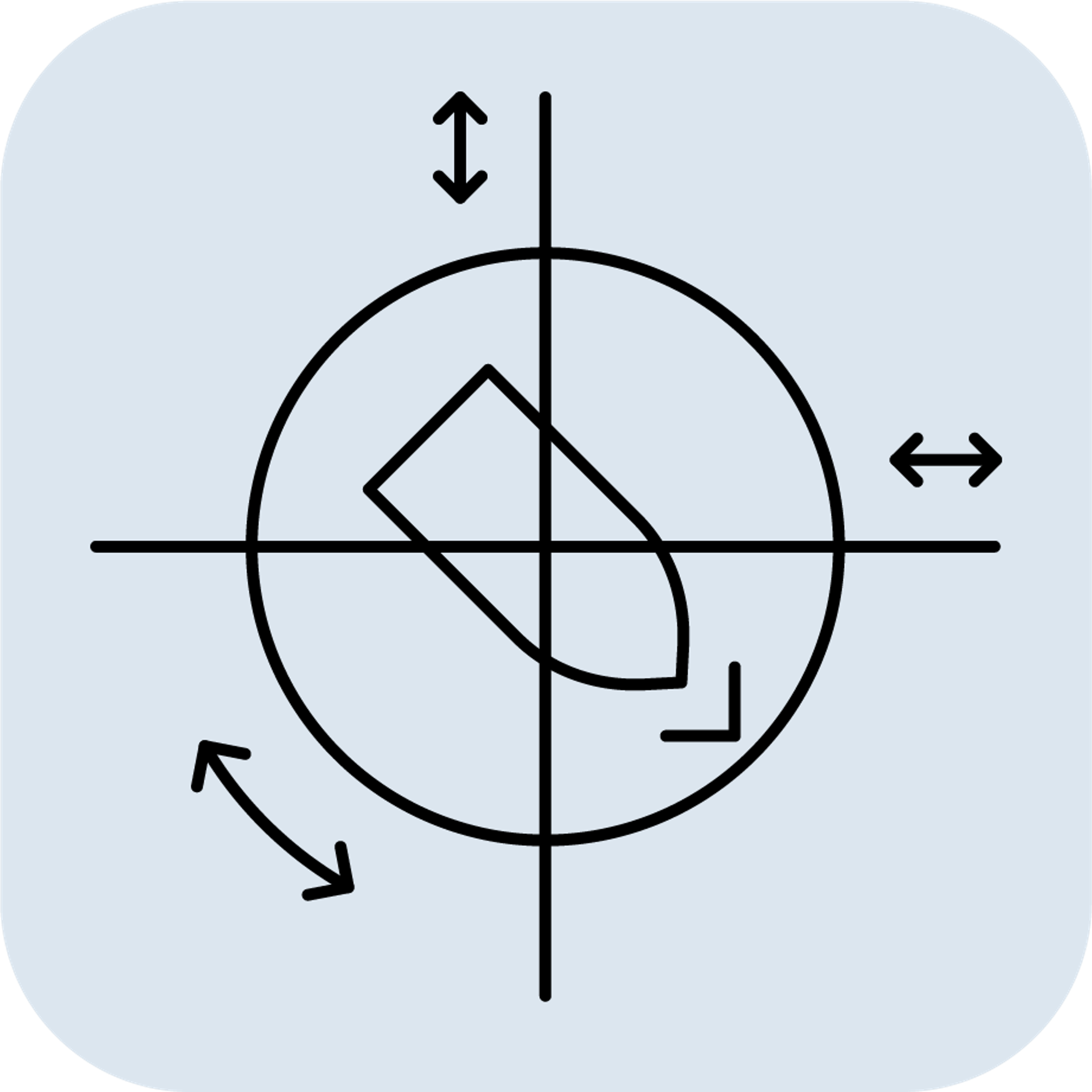
Dynamic Positioning
Dynamic positioning (DP) of vessels necessitates roll and pitch compensation of the GNSS antenna to ensure accurate positioning of the ship's control point.
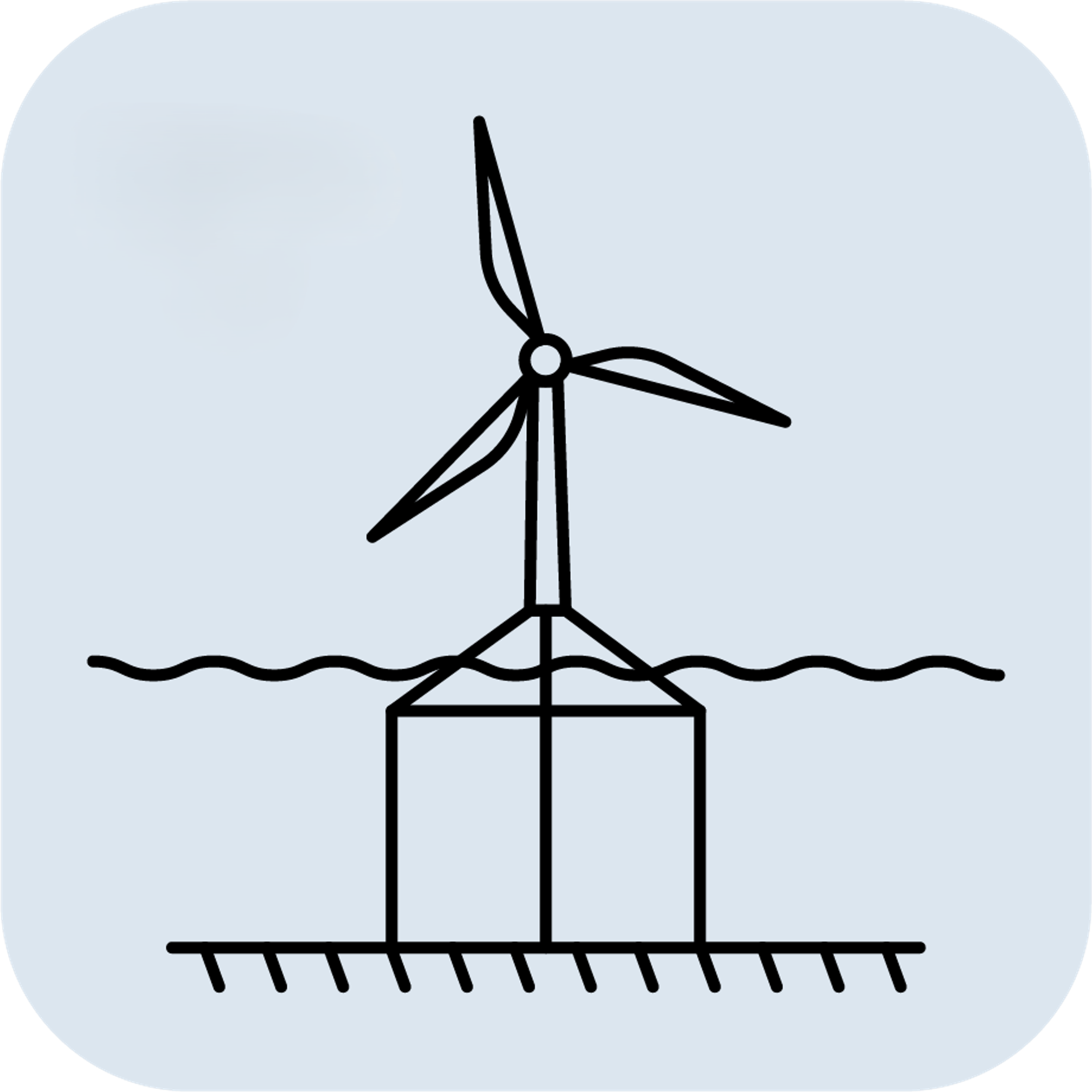
Floating Wind Base Motion Monitoring
Monitoring the movements and structural integrity of floating wind foundations, including both the base and turbine, along with the anchoring system, is crucial.

Buildings
Accurate and high-resolution motion sensors are essential for the structural monitoring of tall buildings.
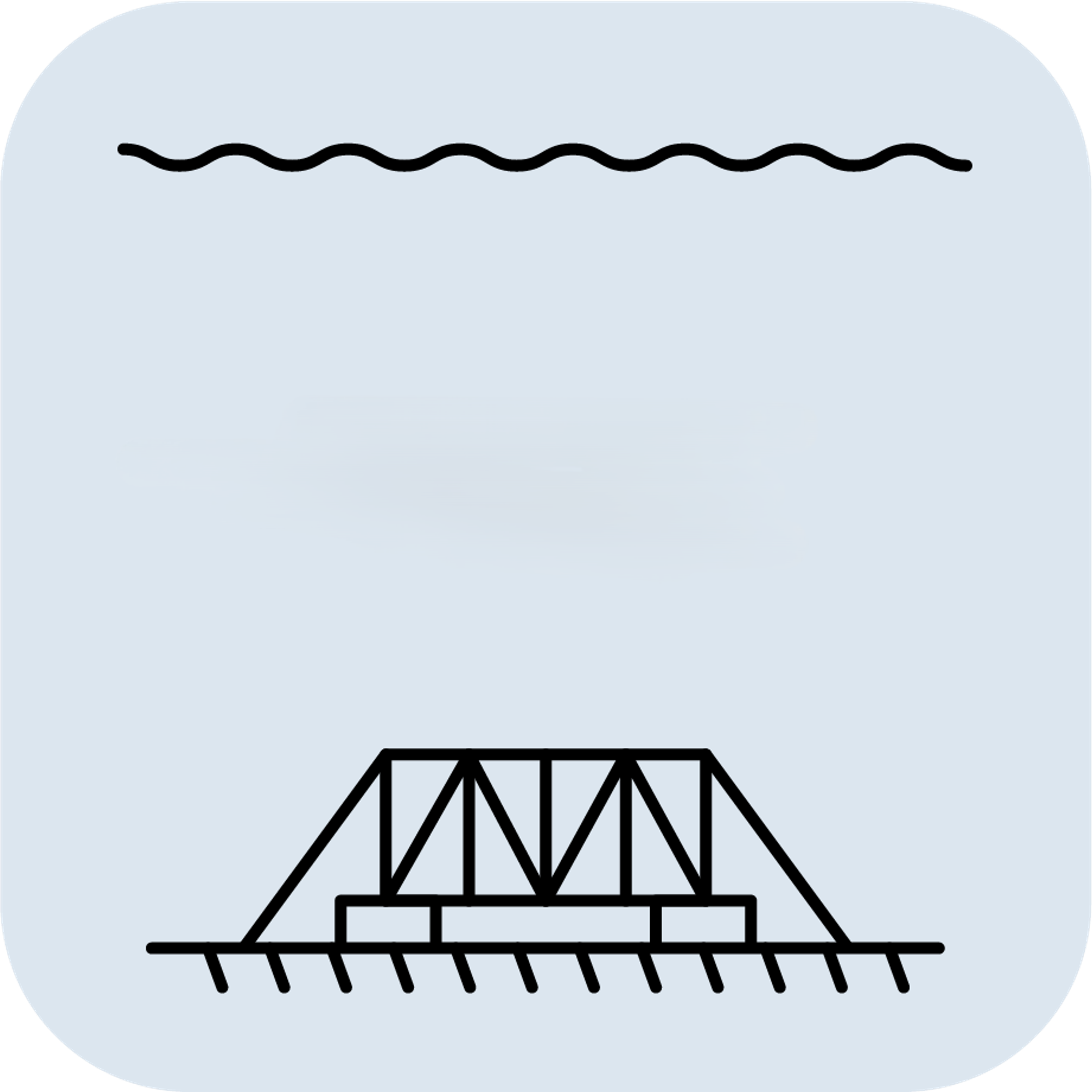
Subsea Surveys
Subsea surveys often demand precise tilt measurements (roll and pitch) for various purposes, such as installation tasks or continuous monitoring of tilt changes and deflections in subsea structures.
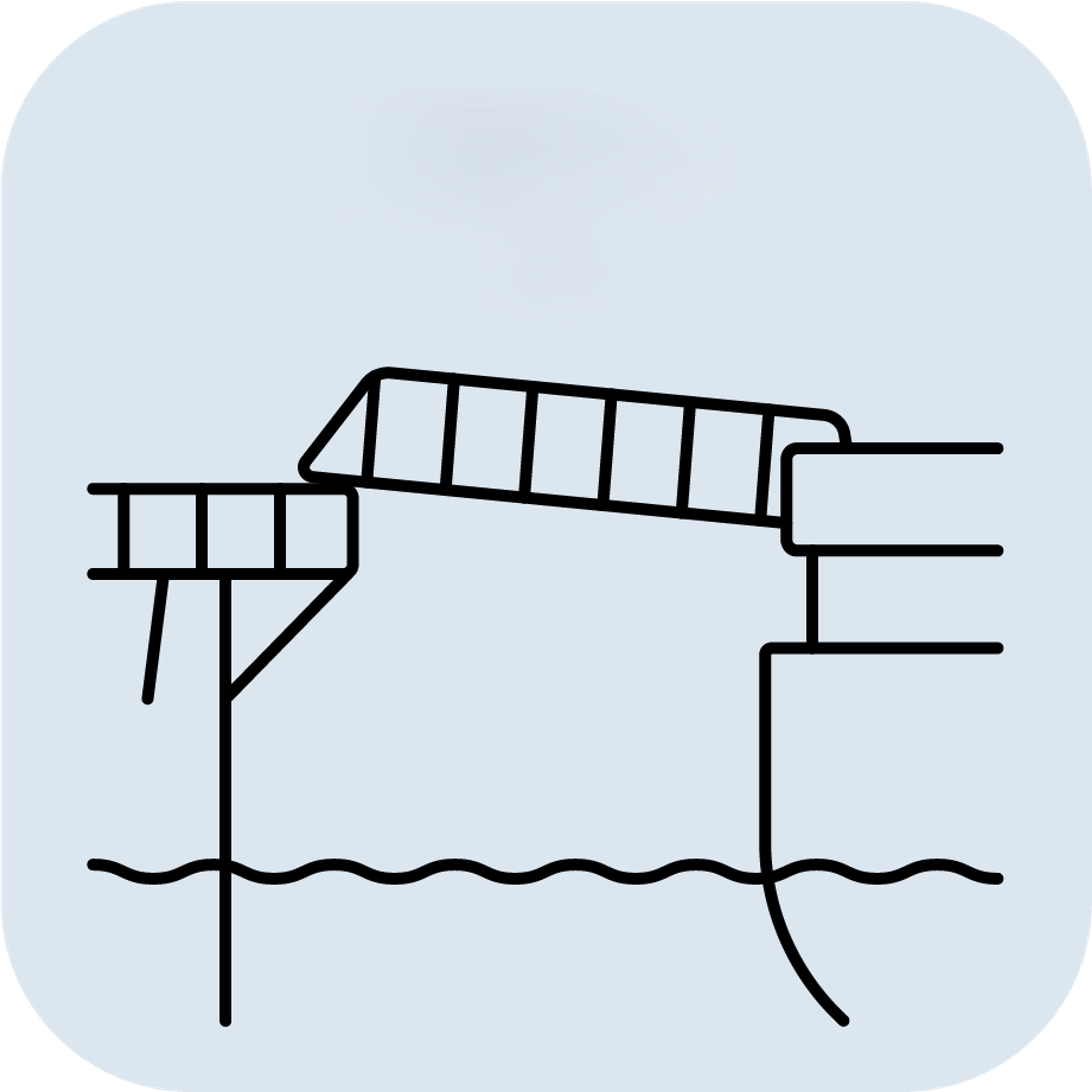
Motion Compensated Gangways
Accurate measurements of all 6 degrees of freedom are essential for the automatic motion control of gangways.
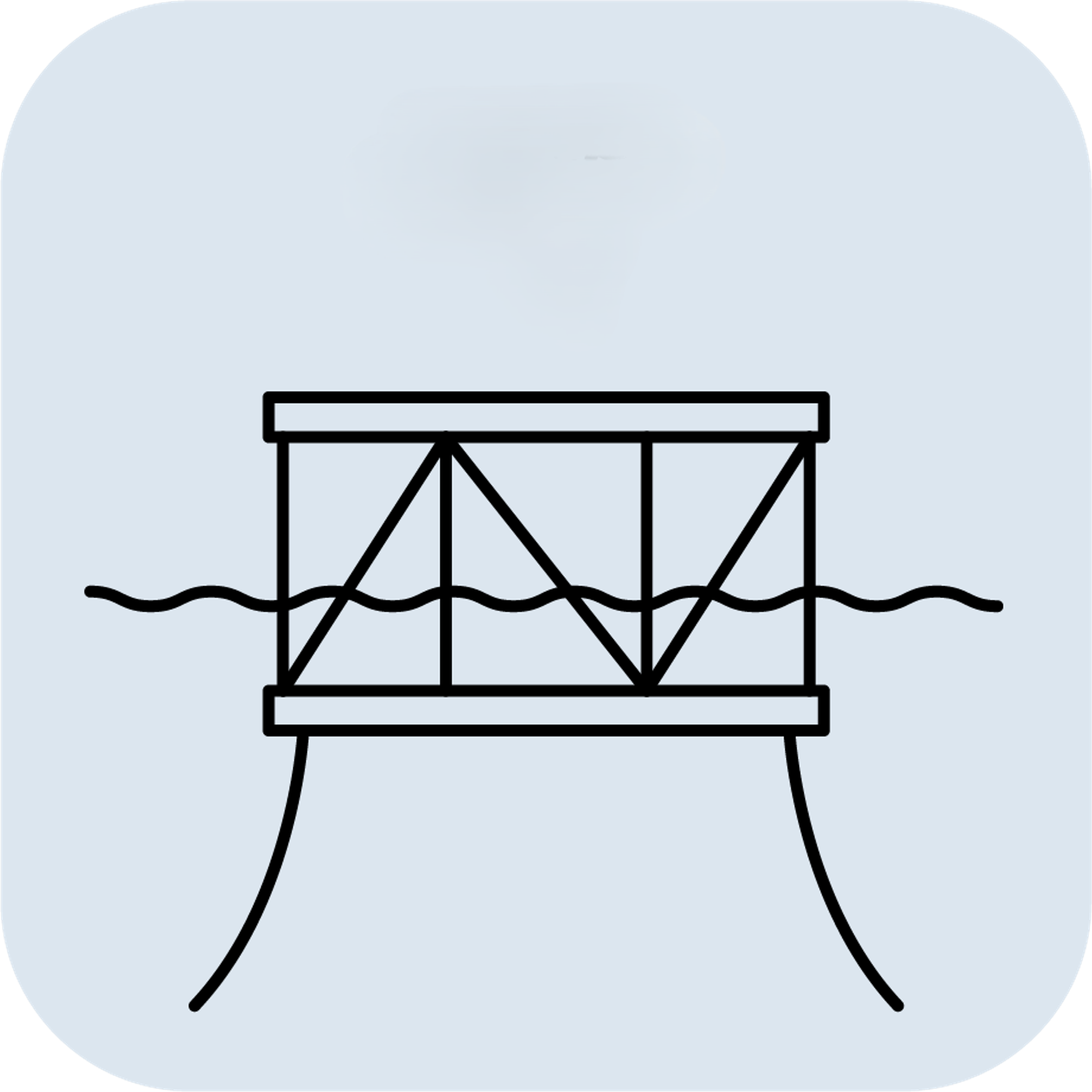
Offshore Fish Farms
Offshore fish farming presents unique challenges, requiring continuous remote monitoring of all onboard systems, including roll, pitch, and heave motions.
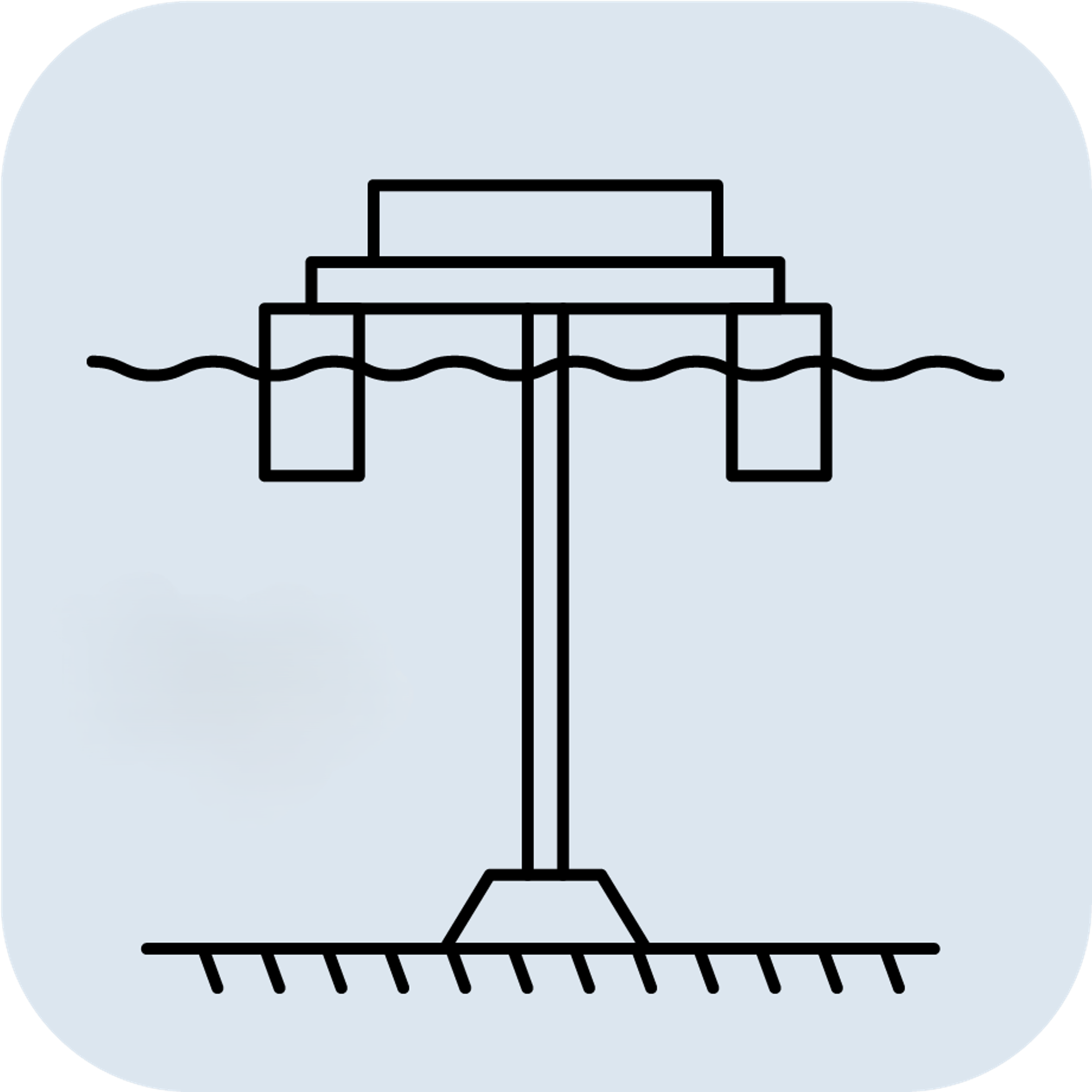
Riser Monitoring
The NORSUB Subsea MRU is specifically designed to provide highly accurate measurements of roll, pitch (inclination), and lateral motions in risers.
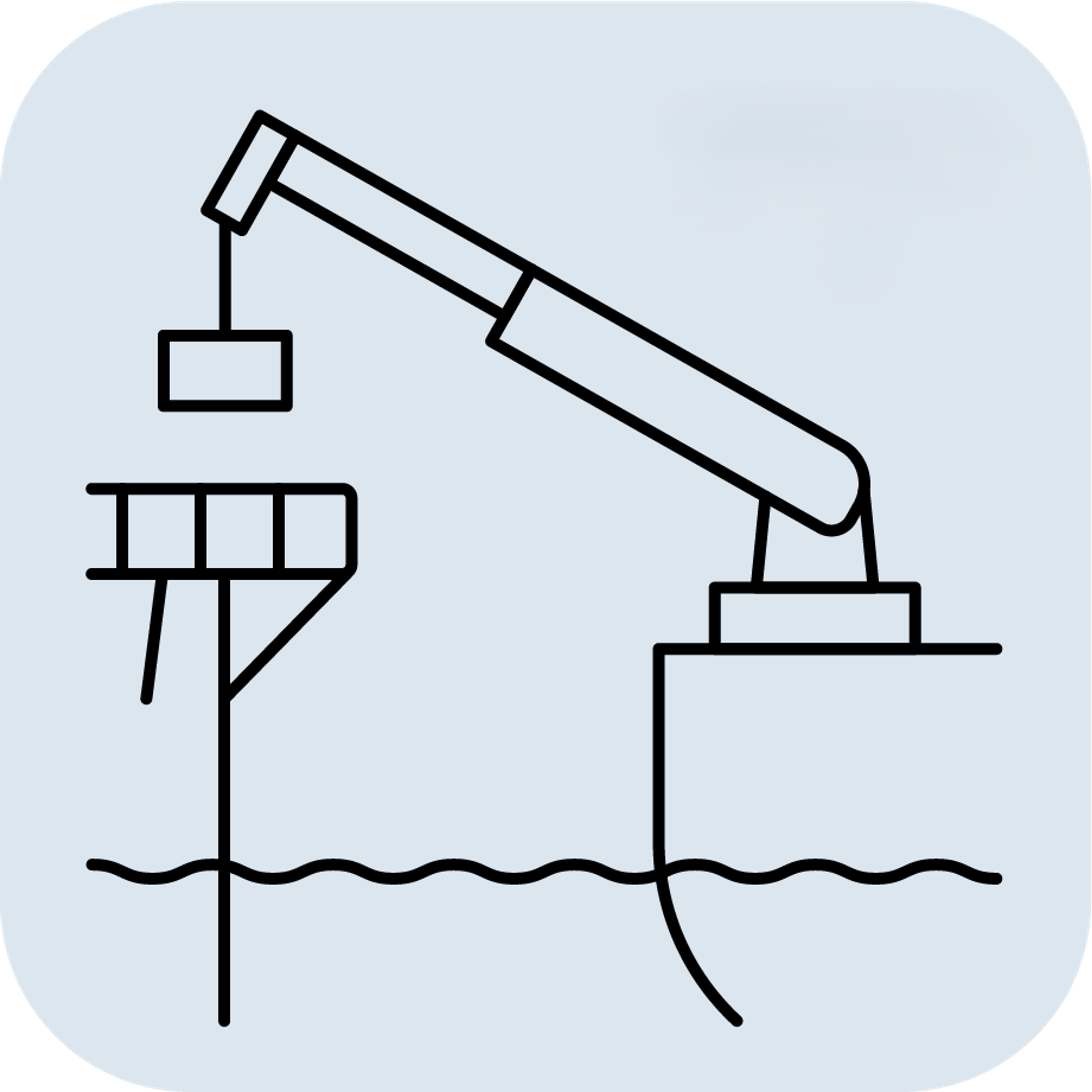
Active Heave Compensation
Accurate measurement of vertical motion at the crane tip or winch is crucial for the operation of Active Heave Compensated (AHC) cranes and winches.
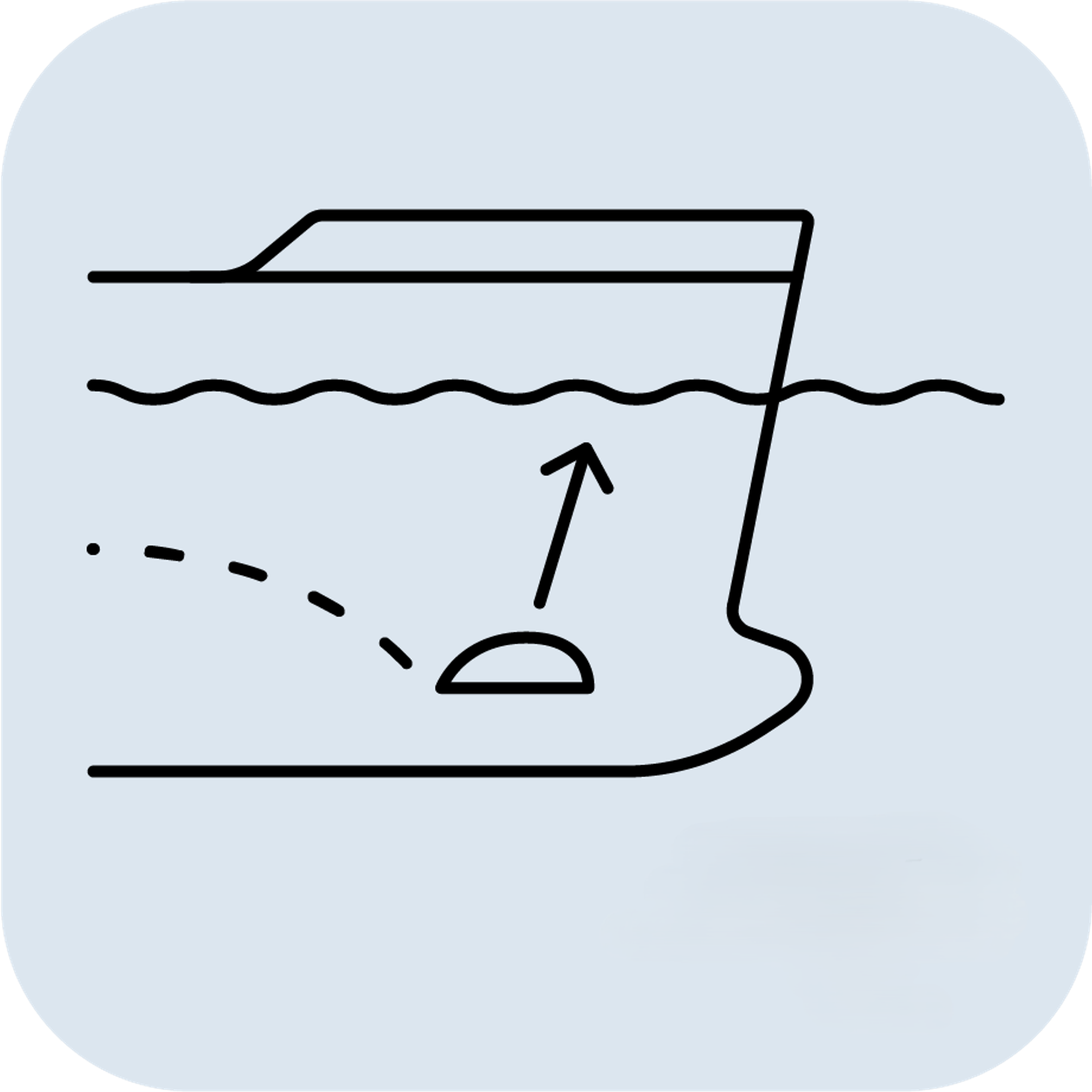
Stabilising Fins
Stabilising fin and roll damping systems rely on motion sensors to accurately measure the roll motions of a ship.
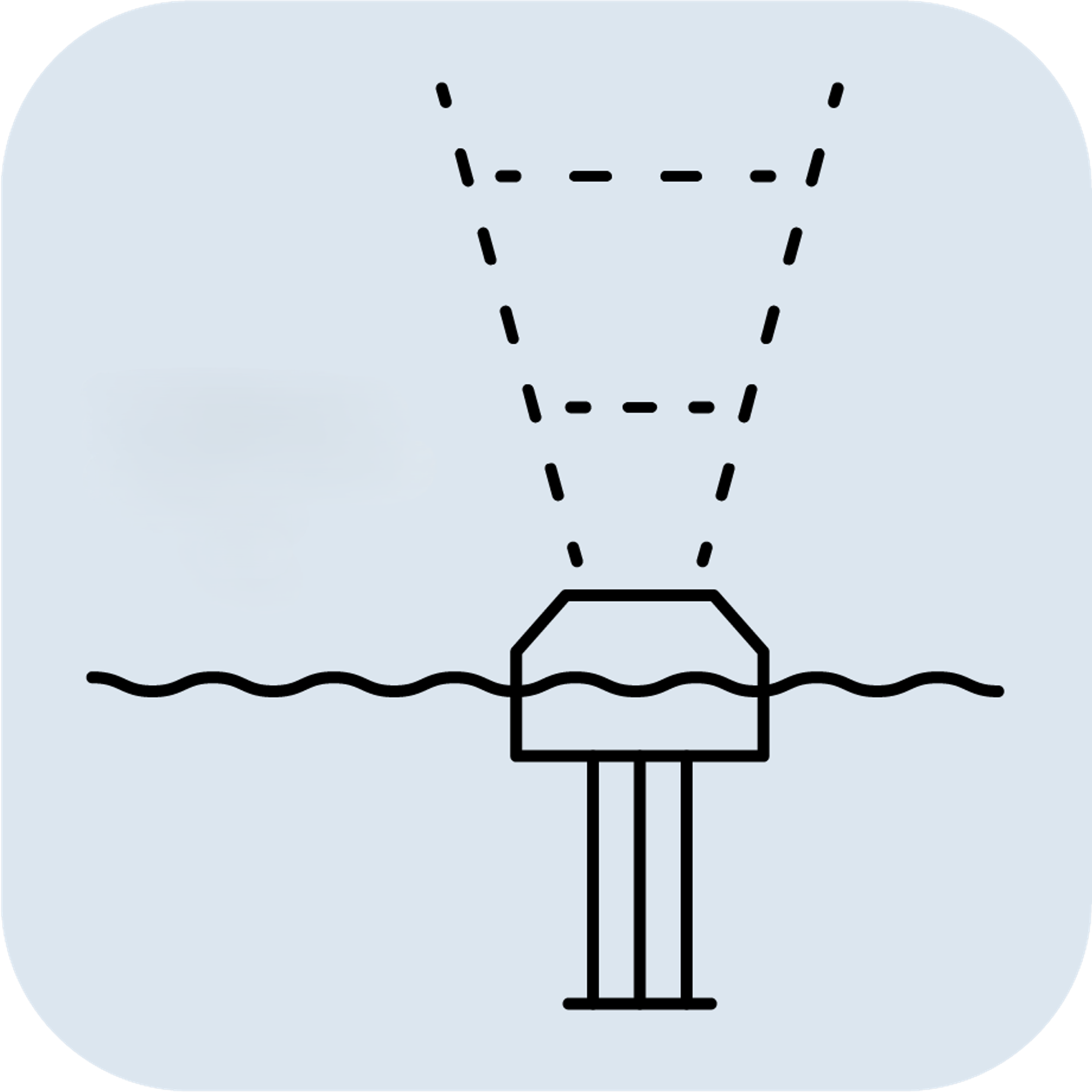
Wind Lidar Buoys
Metocean buoys, lidar buoys, and other instrument/sensor carrying buoys, need reliable motion measurements to motion compensate pay load sensors, or to collect motion data for post processing.
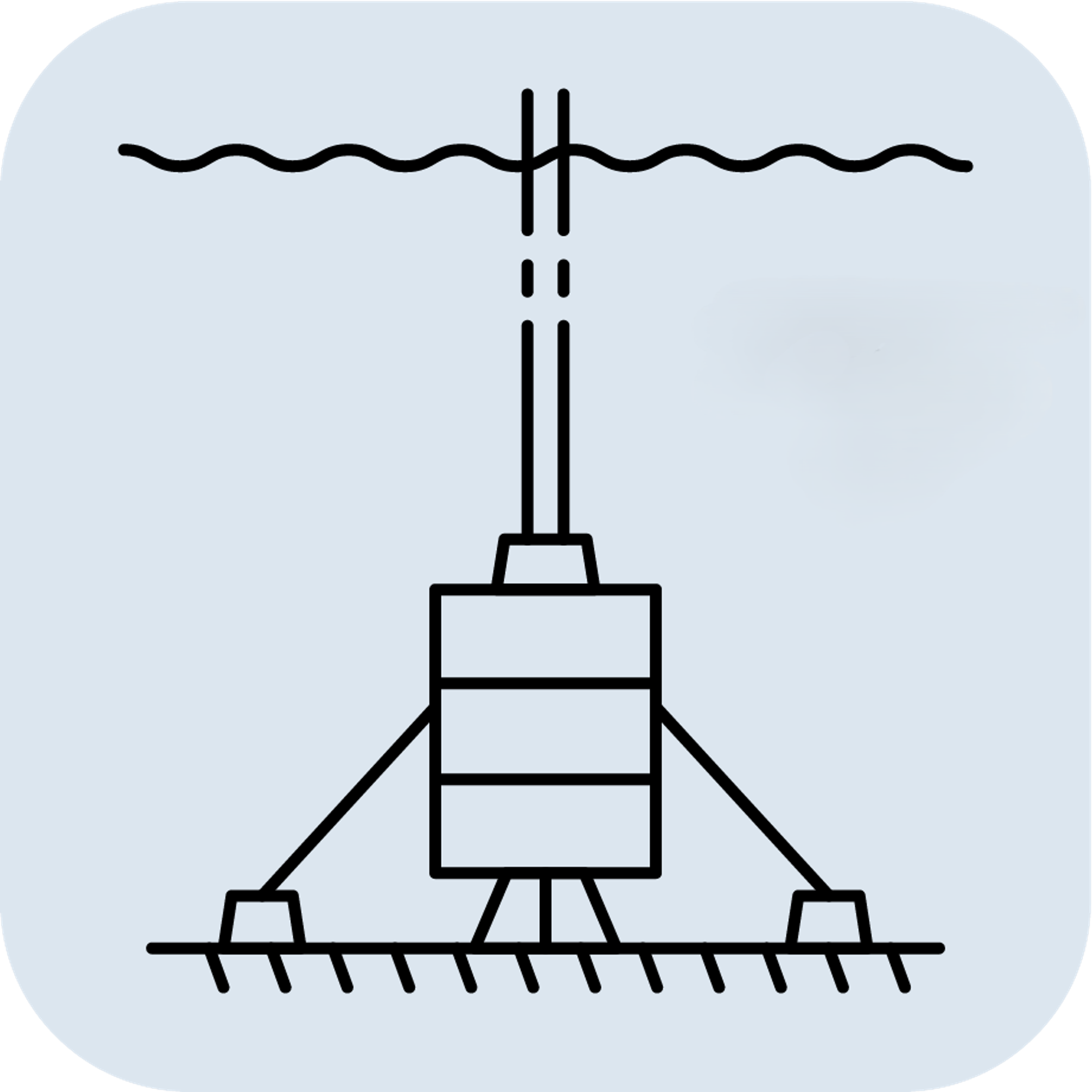
BOP Monitoring
Accurate motion sensors play a crucial role in the structural monitoring of Blowout Preventers (BOPs), enabling the measurement of inclination and lateral displacements.
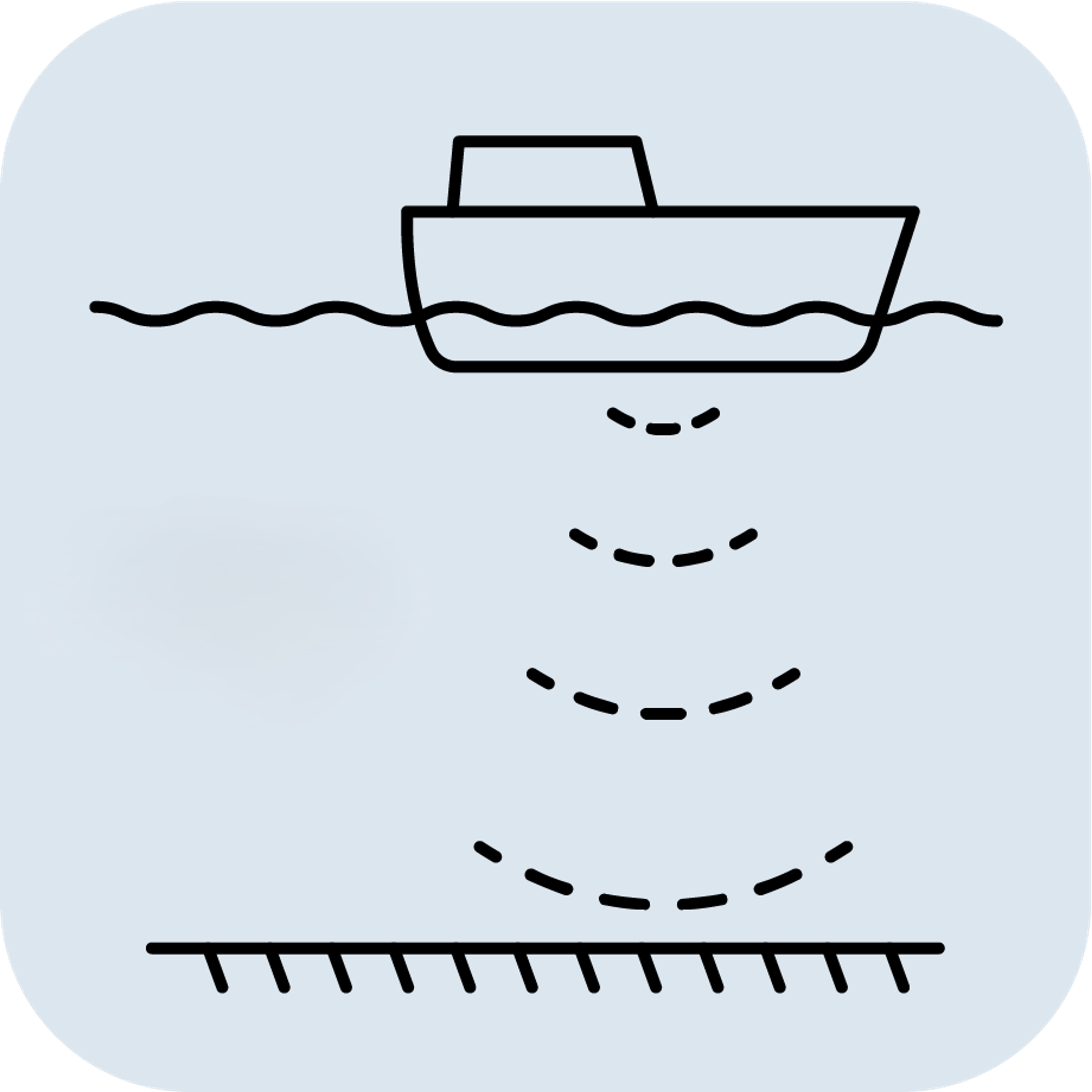
Hydrography New
Accurate measurements of roll, pitch, and heave are crucial for achieving optimal results when compensating multibeam echosounders for vessel motion.

Hydrography
Accurate measurements of roll, pitch, and heave are crucial for achieving optimal results when compensating multibeam echosounders for vessel motion.
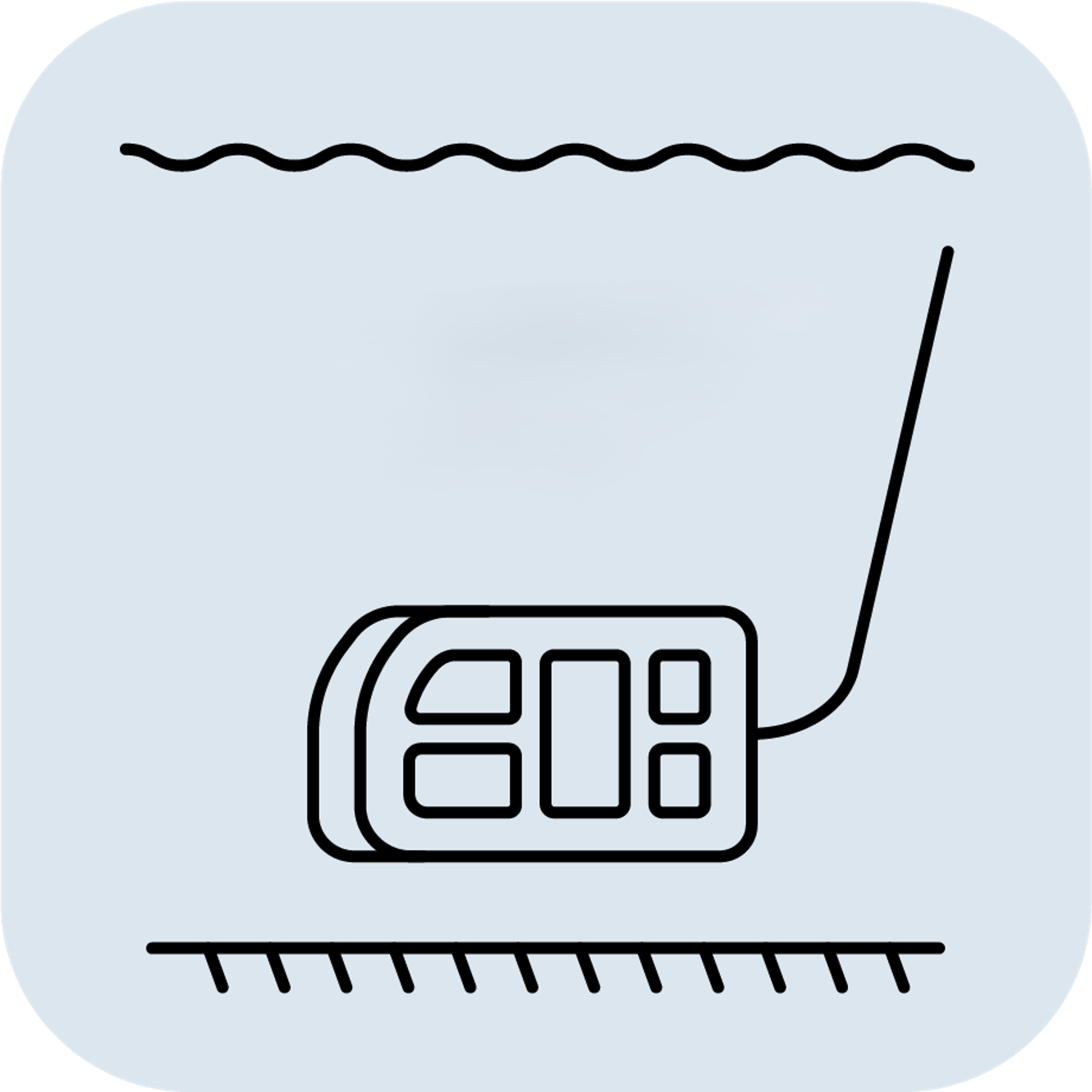
ROV/AUV
Reliable motion sensors are vital components in the navigation system and motion compensation of payload sensors for ROVs and AUVs.
Check out
Pariatur ullamco aute exercitation nostrud ullamco tempor officia pariatur occaecat eu ex pariatur. Adipisicing amet sunt minim do tempor duis ea cillum ea nulla ipsum ex. Nisi tempor nisi cillum ex dolor proident eu. Nisi velit elit eu pariatur magna aliqua Lorem amet duis. Eiusmod pariatur consequat elit aliqua cupidatat deserunt nostrud exercitation ullamco voluptate enim reprehenderit velit exercitation occaecat. Exercitation incididunt ut consectetur nostrud dolor aute. Deserunt amet occaecat enim exercitation ut dolore ad ullamco proident non nulla. Qui aute tempor culpa amet.